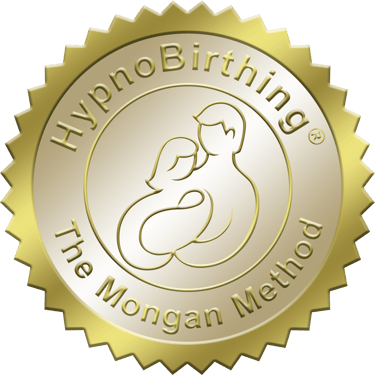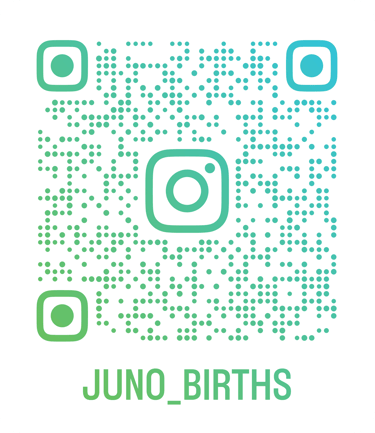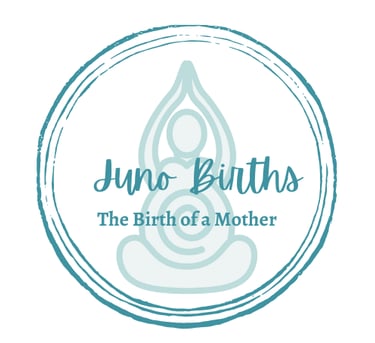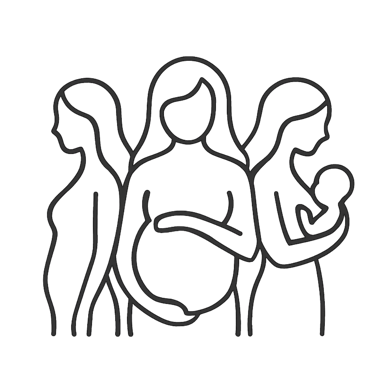
Pregnancy, Birth & Postpartum Through a Neurodivergent Lens
Why the Right Support Changes Everything
Valentina
6/14/20254 min read
Pregnancy is a huge transition, a complete reorganization of your body, your sense of self, your routines, your boundaries. But if you’re neurodivergent, this shift often hits deeper, harder, more intensely, and in ways that aren’t always visible or acknowledged.
Autism, ADHD, sensory processing sensitivity, dyslexia, anxiety, OCD, and other forms of neurodivergence don’t disappear during pregnancy. In fact, they’re often amplified by hormonal shifts, environmental pressures, and the sheer emotional weight of what it means to become a parent. Especially in a society that doesn’t always see your needs.
So, what actually happens when a neurodivergent woman becomes pregnant, gives birth, and navigates postpartum? Let’s talk about it.
Living Pregnancy With a Different Nervous System
Neurodivergent people tend to experience the world through a heightened or differently tuned nervous system. During pregnancy, everything is dialed up: senses, emotions, fatigue, and executive function challenges.
You might struggle to feel connected to your body, overwhelmed by the intensity of every physical change. Morning sickness can feel like sensory torture: smells, tastes, and textures that once felt comforting suddenly become unbearable. Foods you relied on no longer feel safe, leaving you depleted and hopeless, just waiting to discover the next thing you can tolerate—or simply survive on.
I have been there, as a neurodivergent woman with a sensitive sense of smell and a picky eater, the first months didn’t give me any pregnancy glow.
For ADHDers, remembering vitamins, managing check-ups, preparing for birth (all the organizational tasks of pregnancy) can feel insurmountable. Executive dysfunction doesn’t take time off just because you're expecting. And for autistic women, the unpredictability of pregnancy can be deeply unsettling. Appointments can be anxiety-inducing if providers don’t explain things clearly, not specifically enough or just dismiss your questions. Changes to routine, invasive tests, and loss of control can trigger shutdowns or meltdowns, too often mistaken for “being dramatic” rather than nervous system overwhelm. Some ND parents describe constantly masking in appointments just to be taken seriously, only to come home and collapse in exhaustion.
Labour & Birth: Sensory Overload Meets Medical Norms
Now picture this: You’re in labour. The lights are bright. There are machines beeping. Nurses are coming and going. Someone touches you without asking first. You’re vulnerable, naked, raw..and yet, expected to advocate for yourself, explain your needs clearly, and “relax.”
Labour in a hospital or even at home, when poorly supported, can become overwhelming fast for ND parents. Sensory input can spike: touch, sound, temperature, even smells.
Verbal instructions during contractions might feel impossible to process. A sudden change in the birth plan, a sudden change in caregivers or location can create a deep internal rupture for someone who relies on predictability.
Some women freeze. Others go into fawn mode, trying to please the professionals around them. Many mask their fear, pain, or discomfort until they reach a breaking point.
And yet, when you process the world differently, this isn't a weakness. It’s your nervous system trying to survive in a setting not designed for your brain.
This is why so many neurodivergent women describe birth as something that happened to them, not something they did.
Postpartum: Discovering a new balance
After the baby comes, the world often expects you to “bounce back.” But postpartum is where neurodivergent traits can become even more pronounced, and without the right support, this period can feel isolating and destabilizing.
You might feel overstimulated by the baby’s cries, need time alone but not be able to get it, or have trouble regulating emotions due to sleep deprivation and hormonal shifts. Tasks like tracking feeds, following medical advice, or maintaining routines can become stressful.
If you’re an autistic parent, the lack of space and silence may lead to shutdowns or sensory avoidance. If you have ADHD, the lack of structure may feel like drowning in chaos. And if you're masking through all of it—trying to look like the "chill mom" or the "natural mama"—you risk losing your own needs in the process.
This is not about being fragile or weak. This is about being wired differently and needing care that meets you where you are.
This Is Where a Doula Becomes a Game Changer
So, what if you had someone who got it?
A doula trained in or experienced with neurodivergence doesn’t just offer birth info and hand-holding (although we do that too). We bring emotional regulation, planning support, sensory awareness, and deep presence.
We work with your unique brain and body, not against it.
We take the time—early in your pregnancy—to understand what feels safe to you, what calms you, what overstimulates you, what your ideal birth looks and feels like. We don’t just ask for a birth plan, we help you create a sensory and emotional blueprint for your birth experience.
We make your partner aware of your signals and advocate alongside you. We help you create scripts or cards to communicate if verbal language becomes difficult during labour. We help you feel in control even when things get intense.
In postpartum, we offer grounding. We check in without judgment. We help you sort through the overwhelm, validate your sensory experience, and offer practical help that you actually need, whether that means structuring your day or just making sure you eat.
The difference isn’t magic. It’s care. Real care that adapts to your nervous system, your story, and your needs.
You're Not Too Much. You Just Need the Right Support.
If any of this feels familiar, you’re not alone. And you’re not broken. You’re navigating one of life’s biggest transformations with a brain that processes things deeply and differently.
The truth is, neurodivergent parents often have incredibly rich intuitive capacities, creative ways of bonding, and powerful resilience. But they rarely get the support they deserve.
Imagine entering birth not afraid of being misunderstood but confident that the people around you get you. Imagine a postpartum where you’re not drowning in expectations but supported in your rhythms.
This is possible. With the right doula, it's not just about surviving birth and postpartum. It’s about reclaiming them as meaningful, empowering rites of passage.
Let’s stop forcing every parent into the same mould. Let’s start building support systems that honour the diversity of how we think, feel, and give birth.
Want to explore this further?
Let’s have a chat. Whether you’ve just found out you’re pregnant or you’re deep in planning your postpartum, I’m here to support you in a way that feels grounded, spacious, and real.






Community
Find Support by following me on social media. Join our online community
Contact:
E-mail: valentina@junobirths.nl
Phone: +31 6 23480540
© 2026. All rights reserved.
KVK 84451866






Valentina Zago-Binnendijk


